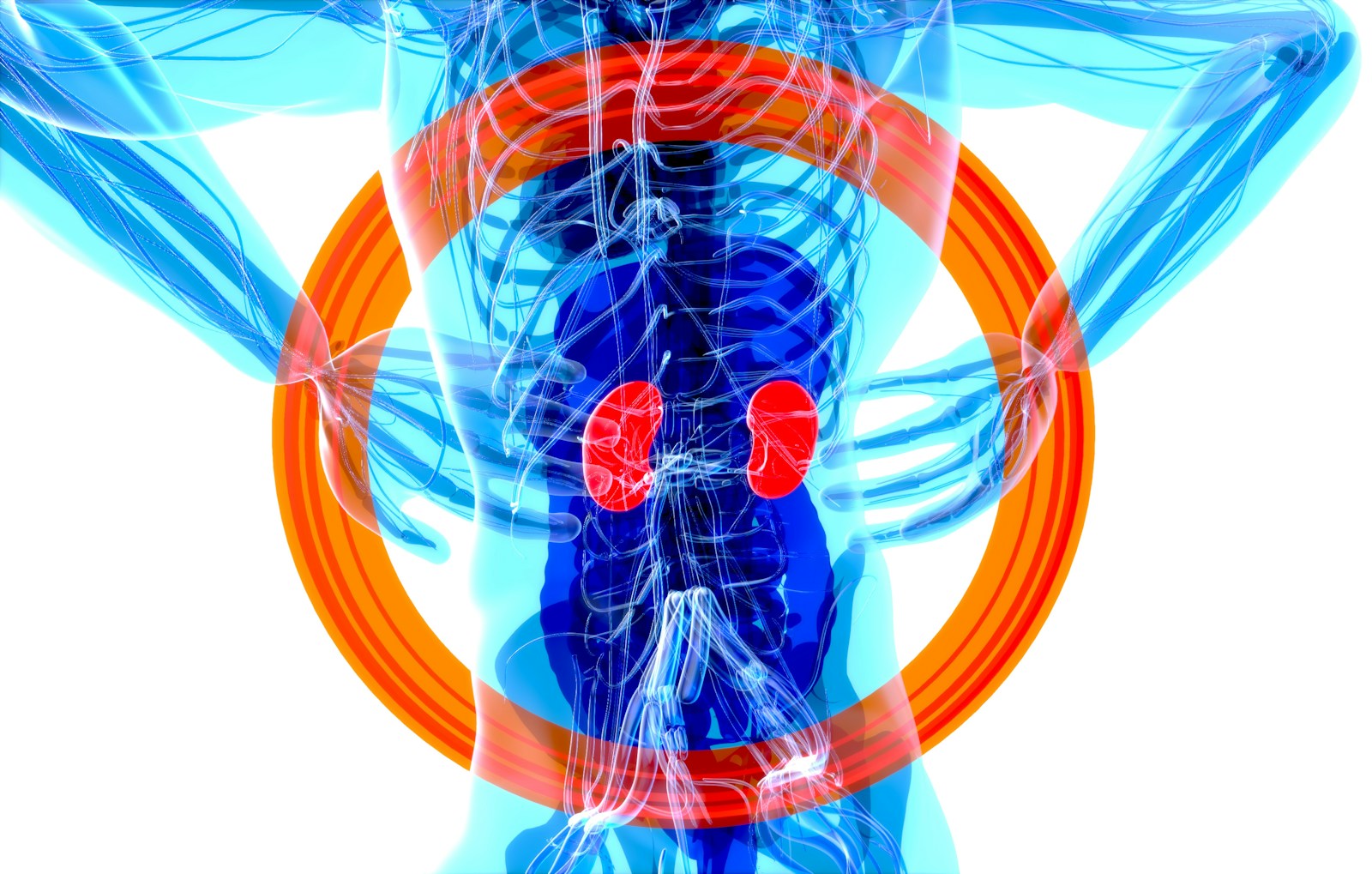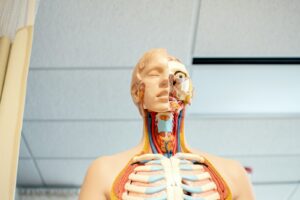![]()
Maintaining kidney health is crucial for overall well-being. The kidneys play a vital role in filtering waste, balancing fluids, and regulating blood pressure. This comprehensive guide covers essential tips for keeping your kidneys healthy and provides solutions for preventing and managing kidney stones.
Table of Contents
- Understanding Kidney Function
- Importance of Kidney Health
- Top Tips for Keeping Your Kidneys Healthy
- Regular Exercise
- Balanced Diet
- Hydration
- Monitoring Health Metrics
- Avoiding Harmful Substances
- Recognizing the Signs of Kidney Issues
- Kidney Stones: Causes and Solutions
- Types of Kidney Stones
- Prevention Strategies
- Treatment Options
- Conclusion
Understanding Kidney Function
The kidneys are two fist-sized organs located on either side of the spine, responsible for filtering waste products from the blood, regulating blood pressure, balancing electrolytes, and producing hormones that influence red blood cell production. Healthy kidneys are essential for maintaining homeostasis in the body.
Importance of Kidney Health
Kidney disease often goes undetected until it reaches an advanced stage, making early intervention critical. Chronic kidney disease (CKD) can lead to severe complications, including heart disease and kidney failure, which may require dialysis or transplantation.
Top Tips for Keeping Your Kidneys Healthy
Regular Exercise
Engaging in regular physical activity is one of the most effective ways to maintain kidney health. Exercise helps to:
- Lower blood pressure
- Control blood sugar levels
- Maintain a healthy weight
Aim for at least 150 minutes of moderate aerobic activity per week, such as walking, cycling, or swimming.
Balanced Diet
A kidney-friendly diet is essential for preventing kidney damage. Key dietary recommendations include:
- Low Sodium Intake: Reduce salt consumption to help control blood pressure. Aim for less than 2,300 mg of sodium per day.
- Plant-Based Foods: Incorporate fruits, vegetables, whole grains, and legumes into your diet. The DASH (Dietary Approaches to Stop Hypertension) and Mediterranean diets are excellent choices for kidney health.
- Limit Processed Foods: Avoid foods high in sodium and unhealthy fats, which can contribute to obesity and hypertension.
Hydration
Staying well-hydrated is crucial for kidney function. Water helps to:
- Flush out toxins
- Prevent the formation of kidney stones
Aim for at least 1.5 to 2 liters of water daily, adjusting based on activity level and climate. Individuals with a history of kidney stones should increase their water intake to help prevent recurrence.
Monitoring Health Metrics
Regular health check-ups are vital for early detection of kidney issues. Key metrics to monitor include:
- Blood Pressure: Maintain a healthy blood pressure level (ideally below 120/80 mmHg) to reduce the risk of kidney damage.
- Blood Sugar Levels: Control diabetes through diet, exercise, and medication if necessary.
- Cholesterol Levels: High cholesterol can increase the risk of CKD; regular testing is recommended.
Avoiding Harmful Substances
Certain substances can harm kidney health. To protect your kidneys:
- Limit NSAIDs: Over-the-counter pain relievers like ibuprofen and naproxen can cause kidney damage if used excessively. Use them sparingly and consult a healthcare provider if you have chronic pain.
- Quit Smoking: Smoking can impair blood flow to the kidneys and increase the risk of kidney cancer.
- Limit Alcohol: Excessive alcohol consumption can contribute to high blood pressure and liver disease, both of which can affect kidney health.
Recognizing the Signs of Kidney Issues
Early detection of kidney problems can prevent serious complications. Be aware of the following symptoms:
- Fatigue and weakness
- Swelling in the face, hands, or feet
- Changes in urination patterns (e.g., increased frequency, foamy urine)
- Persistent back pain or discomfort.
If you experience any of these symptoms, consult a healthcare professional for evaluation.
Kidney Stones: Causes and Solutions
Kidney stones are hard deposits made of minerals and salts that form in the kidneys. They can cause severe pain and complications if not managed properly.
Types of Kidney Stones
- Calcium Stones: The most common type, often formed due to high calcium levels in the urine.
- Struvite Stones: Often caused by urinary tract infections.
- Uric Acid Stones: Formed from high uric acid levels, often associated with gout.
- Cystine Stones: Rare stones that occur in people with a genetic disorder that causes cystine to leak into the urine.
Prevention Strategies
To reduce the risk of developing kidney stones:
- Stay Hydrated: Drink plenty of water to dilute substances in the urine that lead to stone formation.
- Limit Sodium and Animal Protein: High sodium and protein intake can increase the risk of stones.
- Consume Calcium-Rich Foods: While calcium supplements may increase the risk of stones, dietary calcium can help prevent them.
Treatment Options
If kidney stones do develop, treatment options may include:
- Pain Management: Over-the-counter pain relievers can help manage discomfort.
- Increased Fluid Intake: Drinking more water can help flush out small stones.
- Medical Procedures: Larger stones may require treatments such as shock wave lithotripsy or surgical removal, depending on their size and location.
Conclusion
Maintaining kidney health is essential for overall well-being. By following these tips—staying active, eating a balanced diet, staying hydrated, monitoring health metrics, and avoiding harmful substances—you can significantly reduce your risk of kidney disease and kidney stones. Regular check-ups and awareness of symptoms are key to early detection and effective management of kidney health.

